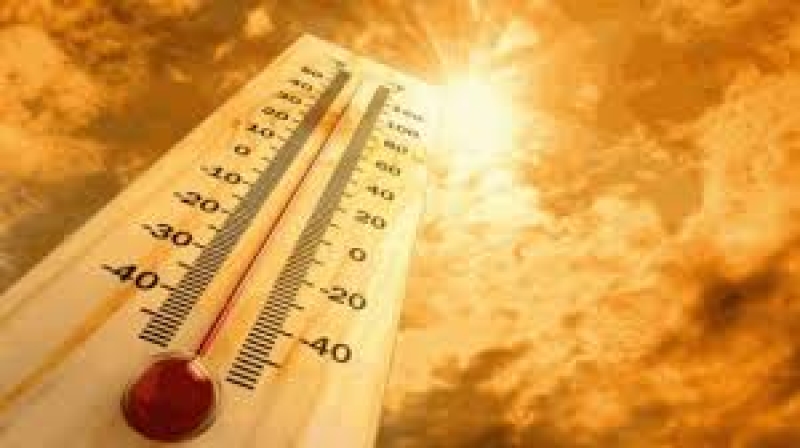- UN Calls for Calm in Bangladesh After Protest Leader’s Killing |
- DMP issues 7 traffic directives for Osman Hadi’s Janaza |
- Vested quarter fuelling chaos to impose new fascism: Fakhrul |
- Hadi’s namaz-e-janaza at 2:30pm Saturday |
- Jashore’s Gadkhali blooms with hope; flowers may fetch Tk4 bn |
Cox’s Bazar Records Highest 36.8°C Temperature

Cox’s
Bazar sweltered under the year’s highest recorded temperature on Sunday, as the
mercury soared to a scorching 36.8 degrees Celsius, according to the local
Meteorological Office.
The reading was taken at 3pm, confirmed Md Abdul Hannan, assistant meteorologist in Cox’s Bazar, who said the figure had been promptly reported to the Dhaka headquarters for further assessment.
“This is the highest temperature we've seen so far this year,” Hannan noted. The day before, temperatures in the popular tourist destination had already climbed to 34.5°C, signalling a rapid intensification of heat in the region.
When asked about the risk of heatstroke under such conditions, the meteorologist cautioned that while a single day of extreme heat is concerning, prolonged high temperatures pose a more serious threat.
"If such elevated temperatures continue for several days, the risk of heatstroke and other heat-related illnesses increases significantly," Hannan explained.
He further mentioned that the Dhaka office is closely monitoring the trend. "They will analyse the data and assess whether this heatwave pattern is likely to persist or ease in the coming days. That analysis will take a little time," he added.
Experts have warned that rising temperatures across the country, combined with high humidity, could worsen discomfort and health risks, particularly in coastal areas like Cox’s Bazar.
Meteorologists have also advised residents and tourists to take precautions, such as staying hydrated, avoiding direct sunlight during peak hours, and keeping vulnerable groups like children and the elderly safe.
The heat comes as Bangladesh enters the peak of the dry season, with climate specialists noting that hotter and longer dry spells are becoming more frequent due to global climate change.

